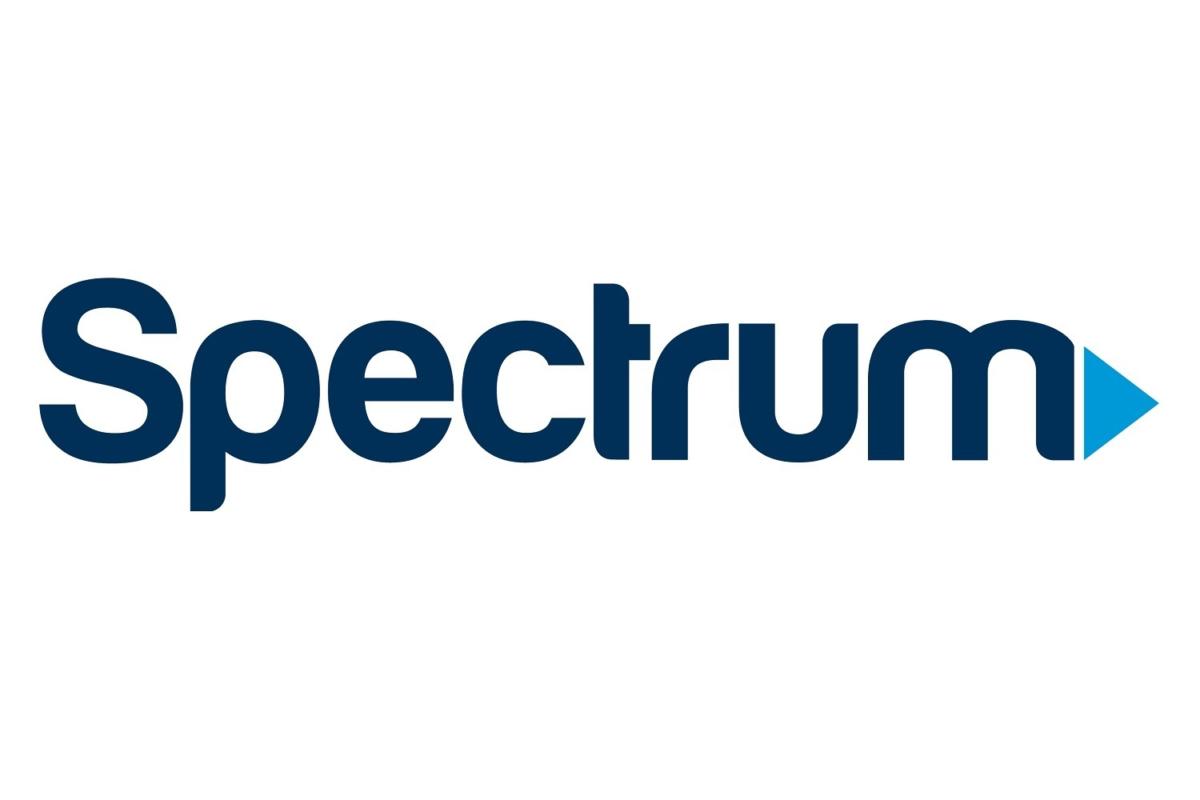A federal appeals court ruled that Charter can start charging streaming video companies for interconnect fees, overturning a condition of the 2016 merger that brought Time Warner Cable and Bright House Networks under one roof. In its ruling, the US Court of Appeals for the District of Columbia Circuit said it had no choice after the Federal Communications Commission declined to defend the merger condition.
A group of Charter customers, represented by the Competitive Enterprise Institute (CEI), filed a suit claiming their cable bills were increasing due to specific merger conditions: Charter’s inability to charge interconnect fees, a order to offer discounted broadband service to “needy subscribers,” a requirement to build out its network, and restrictions on usage-based pricing. In all, the court overturned the first two, but left the build-out requirements and usage-based pricing rules in place.
This ruling is separate from Charter’s own petition with the FCC to lift merger-based restrictions on data caps and usage-based pricing.
In its lawsuit, CEI argued that other providers can charge streaming companies like Netflix and Hulu fees to deliver video content on their networks. And by barring Charter from collecting that revenue, CEI said, the broadband provider was forced to raise prices. The group also said that a requirement to offer discounts to low-income customers caused Charter to raise prices elsewhere.
In its 2-1 decision, the court determined that CEI’s clients had standing to challenge two of the merger conditions, but not the usage-based pricing or network build-out requirements.
“In any event, the subscribers need not show that prohibiting paid interconnection agreements caused the entirety of the price increases, or even that it caused price increases of some specific amount. For standing purposes, even a small financial injury is enough,” the court ruled.
While Charter itself didn’t file this specific lawsuit, it did discuss the topic of interconnect fees as part of its own FCC petition regarding merger conditions.
“While Charter currently has no plans to change its business strategy, these conditions ultimately could harm both Charter’s broadband subscribers and the public interest by removing any flexibility and forcing Charter to run its network based on arbitrary merger conditions instead of market conditions.”
We’ll continue to monitor Charter’s own petition and report back as we hear more.
Did you know we have a YouTube Channel? Every week we have a live Cord Cutting Q&A, and weekly Cord Cutting recap shows exclusively on our YouTube Channel!
Please follow us on Facebook and Twitter for more news, tips, and reviews. Need cord cutting tech support? Join our Cord Cutting Tech Support Facebook Group for help

